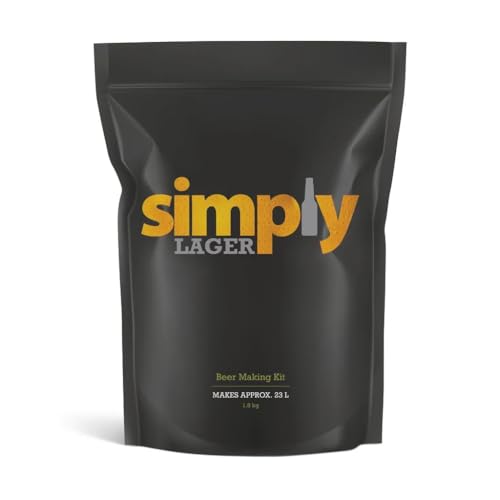Hello All!
I have just racked off AG 14 which turned out to be a mild rather than a best bitter as planned but thats a different story!
I have been considering water treatment. I currently use the standard of campden tablets and that is it. I really want to get some really tasty beer made. What I have produced so far is good quality and far better than the usual stuff in the shop, but I am a bit of a perfectionist as well as working in the beer industry so want to take it to the next level. I am aware of the standard Burtonisation method that most micros and many of the regionals treat their water with especially if they are using the United Utilities as source.
I live in South Manchester so my tap water mainly comes from a Welsh Lake somewhere but also from water treatment works and local aquifers! I attempted to call United Utilities to get a water report done but just got passed around a call centre and ended up feeling a little miffed and gave up. I have seen that some labs do water analysis when supplied with a sample and I am willing to spend some £ to get one done.
What are the common compounds that are used in water treatment? My LHBS sells many but have no advice on using them. What do these compounds actually do for my beer? What further equipment will I need? Please feel free to offer any advice its really appreciated.
I would also love to hear of any success storys for treating water, what sort of difference its made or equally any detrimental effects?
Thank you in advance for any replys.
D
I have just racked off AG 14 which turned out to be a mild rather than a best bitter as planned but thats a different story!
I have been considering water treatment. I currently use the standard of campden tablets and that is it. I really want to get some really tasty beer made. What I have produced so far is good quality and far better than the usual stuff in the shop, but I am a bit of a perfectionist as well as working in the beer industry so want to take it to the next level. I am aware of the standard Burtonisation method that most micros and many of the regionals treat their water with especially if they are using the United Utilities as source.
I live in South Manchester so my tap water mainly comes from a Welsh Lake somewhere but also from water treatment works and local aquifers! I attempted to call United Utilities to get a water report done but just got passed around a call centre and ended up feeling a little miffed and gave up. I have seen that some labs do water analysis when supplied with a sample and I am willing to spend some £ to get one done.
What are the common compounds that are used in water treatment? My LHBS sells many but have no advice on using them. What do these compounds actually do for my beer? What further equipment will I need? Please feel free to offer any advice its really appreciated.
I would also love to hear of any success storys for treating water, what sort of difference its made or equally any detrimental effects?
Thank you in advance for any replys.
D











![BREWING THERMOMETER STICKERS ACCURATELY MONITOR FERMENTING BEER & WINE LIQUID TEMPERATURES 5PCS HOME BREW SPIRITS WINE LCD ADHESIVE [US]](https://m.media-amazon.com/images/I/311DDjo2X3L._SL500_.jpg)





























